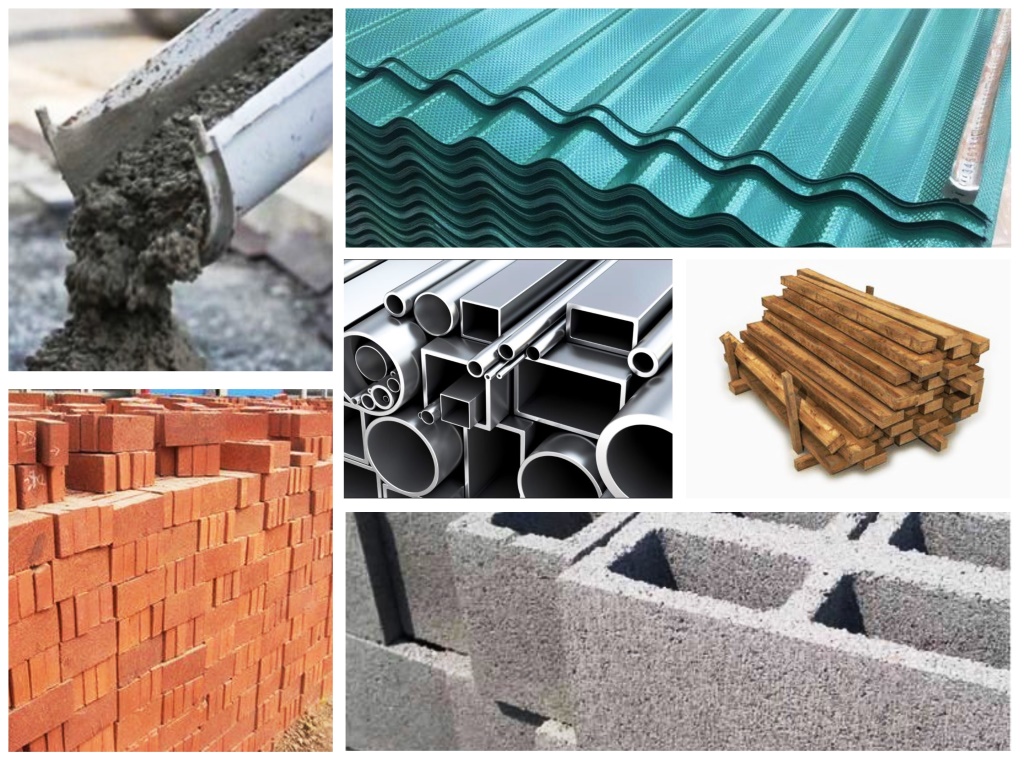Waterproof cement is a crucial material in various industries, providing essential protection against water damage. Understanding the lifespan of waterproof cement is vital for construction professionals, engineers, and homeowners alike. In this comprehensive blog post, we will delve into the factors that influence the longevity of waterproof cement, explore its applications across industries, and provide expert insights on maximizing its durability.
- The Composition of Waterproof Cement:
Waterproof cement, also known as hydraulic cement, is a blend of Portland cement, additives, and water-repellent agents. Its unique composition enhances its resistance to water infiltration, making it an ideal choice for applications where moisture control is paramount. - Factors Affecting the Lifespan of Waterproof Cement:
a) Quality of Materials: The quality of cement, additives, and water-repellent agents used in the manufacturing process significantly impacts the lifespan of waterproof cement. Opting for high-quality materials ensures enhanced durability and longevity.
b) Proper Mixing and Application: Accurate mixing ratios and proper application techniques are crucial for the long-term performance of waterproof cement. Following manufacturer guidelines and employing skilled professionals can prevent premature deterioration.
c) Environmental Conditions: The exposure to extreme temperatures, freeze-thaw cycles, and chemical substances can affect the lifespan of waterproof cement. Adequate protection measures, such as insulation and chemical-resistant coatings, can extend its durability. - Applications of Waterproof Cement:
a) Construction Industry: Waterproof cement finds extensive use in the construction industry, particularly in basements, foundations, tunnels, and swimming pools. Its ability to resist water penetration safeguards structures against moisture-related damage, ensuring their longevity.
b) Infrastructure Projects: Waterproof cement plays a vital role in infrastructure projects, such as bridges, dams, and reservoirs. By preventing water seepage, it enhances the structural integrity and prolongs the lifespan of these critical assets.
c) Marine and Offshore Structures: The harsh marine environment demands robust waterproofing solutions. Waterproof cement is widely employed in the construction and maintenance of ports, harbors, offshore platforms, and coastal structures, providing long-lasting protection against saltwater corrosion.
d) Residential Applications: Homeowners can benefit from waterproof cement in various ways, including waterproofing basements, bathrooms, and roofs. Its durability ensures a dry and safe living environment, preventing costly water damage repairs. - Extending the Lifespan of Waterproof Cement:
a) Regular Maintenance: Periodic inspections and maintenance can identify and address potential issues before they escalate, prolonging the lifespan of waterproof cement.
b) Proper Drainage Systems: Effective drainage systems, including gutters, downspouts, and proper grading, divert water away from structures, reducing the strain on waterproof cement.
c) Surface Protection: Applying protective coatings, sealants, or membranes over waterproof cement can enhance its resistance to external factors, extending its lifespan.
Conclusion:
Waterproof cement is a versatile material with a significant impact on the durability and longevity of various structures. By understanding the factors influencing its lifespan and implementing proper maintenance practices, professionals and homeowners can ensure long-lasting protection against water damage. Whether in construction, infrastructure, or residential applications, the reliability of waterproof cement remains paramount, safeguarding investments and providing peace of mind for years to come.

